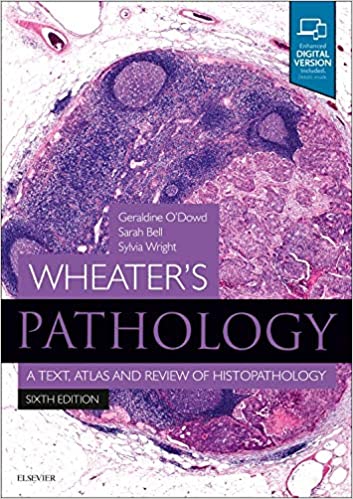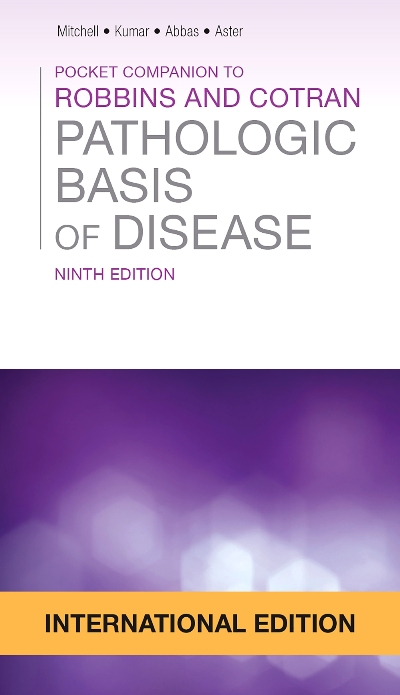Systematic Evaluation of the Mouse Eye: Anatomy, Pathology, and Biomethods (Research Methods For Mutant Mice)
Completion of the first phase of the Human Genome Project has presented scientists with a mountain of new information. The availability of all human genes and their locations is exciting, but their mechanisms of action and interaction with other genes are often unknown. Certain variations in the environment and characteristics of human genes make it difficult for scientists to maximize their efforts to take advantage of this new fund of knowledge. The high degree of similarity between mouse and human genomes and physiology has made mice the laboratory animals of choice in the search for models of human disease. In recent years significant advances in our ability to examine the mouse eye and to view vascular and neural structures in vivo has led to a marked increase in interest in mouse ocular pathology and development.
Besides providing much new information, Systematic Evaluation of the Mouse Eye: Anatomy, Pathology, and Biomethods provides investigators with a resource that summarizes the widely scattered information on mouse eye anatomy, development, and pathology. It describes the normal anatomy, pre- and postnatal development, regional pathology, and methodology for evaluation of the mouse eye and adnexae. The first section covers the principal features of mouse eye anatomy and development. The second part discusses issues in evaluation of mutations in mice, including background ocular disease, control selection, quantitative traits, and ENU mutagenesis. With this background in place, the book then reviews and illustrates regional ocular pathology and correlates it with human eye disease.
Many of the contributors who have helped develop and refine the specialized techniques necessary for the examination and preparation of mouse eye tissue for microscopy provide “how-to” chapters. These chapters cover methods for necropsy, photography, histopathology, confocal microscopy, intraocular pressure measurement, and electroretinography. Systematic Evaluation of the Mouse Eye: Anatomy, Pathology, and Biomethods provides the first comprehensive and systematic guide to understanding the development, structure, and abnormal pathology of the mouse eye so you can make the most of your genetic research.









